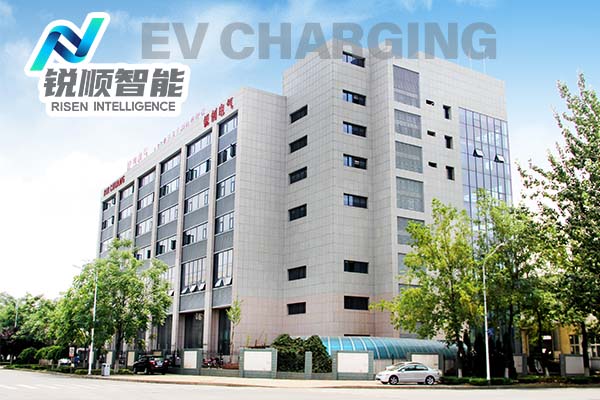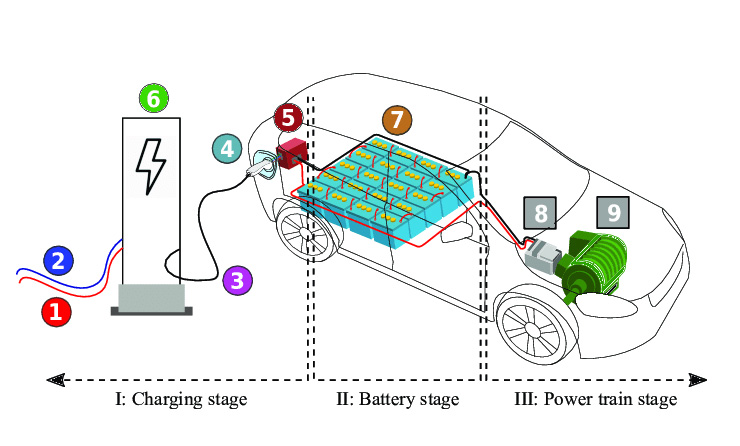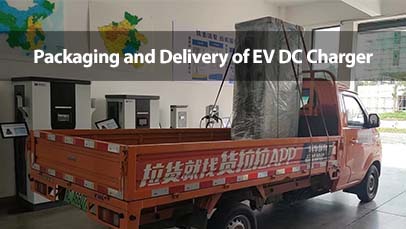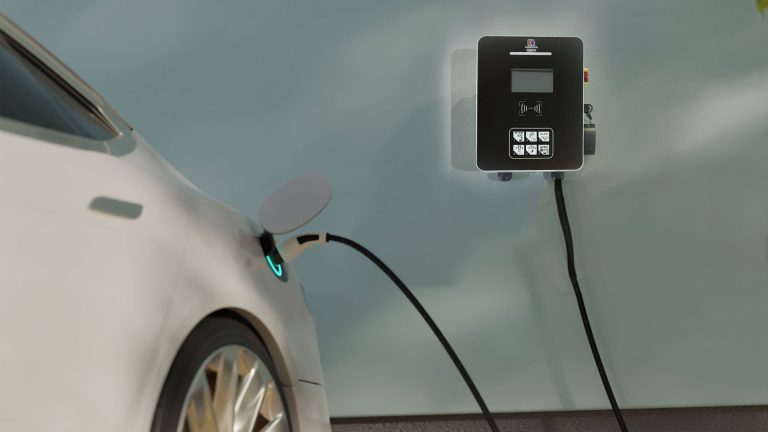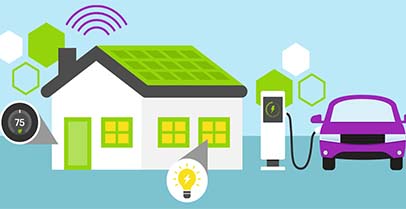1. Charging Stations are Designed for Weather Resistance
2. Water-Resistant Connectors and Cables
The connectors and cables that plug into an EV’s charging port are designed to be safe even when exposed to rain. These connectors are insulated and water-resistant, with rubber seals or gaskets that prevent moisture from reaching the metal contact points. This design ensures that rainwater cannot cause a short circuit or affect the connection between the charger and the car.
When the plug is inserted into the charging port, the connection forms a secure, sealed environment that prevents water from interfering with the charging process. For additional safety, most connectors also come with covers that protect them from rain when not in use.
3. Safety Mechanisms in the EV and Charger
- Automatic Shut-Off: Charging systems are designed to detect faults, such as a short circuit or exposure to excess moisture, and will automatically shut off the power if they sense a problem.
- Ground Fault Protection: EV chargers include ground fault circuit interrupters (GFCI) that detect any potential electrical faults and immediately stop the flow of electricity to prevent shocks.
- Communication Between Car and Charger: Before any current flows, the EV and the charger exchange signals to ensure a proper connection. Only when the connection is verified will charging begin, providing an additional layer of safety.
Yes, charging an electric vehicle (EV) in the rain is generally safe, thanks to rigorous safety standards and engineering that make charging stations weatherproof and designed to operate in various conditions, including wet weather.


